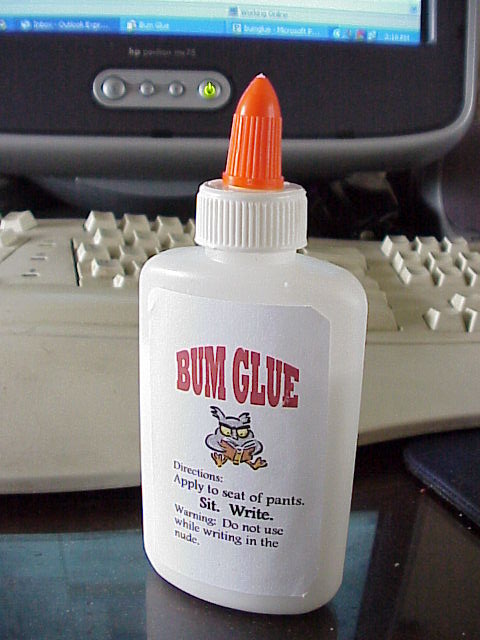Guest post – Dr Kate Gleeson, Doctoral College Director

I really enjoy writing. I love everything about it: the physical process, watching the words mount up, the feeling of progressing towards something interesting and useful. However, I hate the moment of starting to write. This has nothing to do with writers block, but everything to do with imposter syndrome. If I pause to think, the first question that bursts into my head is “Why should anyone want to read what I have to say?” So I am tempted to wait until the ideas are perfectly formed, when I know that I am saying the most important thing that can be said. I wait until I am sure that my analysis is right, that I fully understand the implications…I am sure that you can see where this is going. Nothing gets written.
And yet, being a very opinionated person, I feel have a lot to say. So writing is not a choice, it has to be an everyday regular and routine activity for me. In my first attempts to write up my PhD I was often paralysed by this imposter thing. My writing just didn’t look like other people’s published work. I didn’t for a moment take into account the many hours that people would have spent in editing and revising. I ignored the fact that others would have helped to perfect the prose by providing thoughtful and constructive feedback. And couldn’t imagine that eventually mine would look as convincing.

Luckily I came across a book by Peter Elbow called “Writing with Power”. Elbow suggested that we should practice freewriting. We should simply write without stopping for a set period of time. This could be for ten minutes or thirty minutes. The goal was not to stay on a particular topic or to even write something useful. The idea was to treat the writing as a process rather than a product. He argued that much of our writing time is spent not writing at all. Freewriting will help you form the habit of just getting on with it. Freewriting makes the writing process transparent. We can see our ideas developing. We can pounce on a sentence or a theme and start to elaborate and develop the idea. By not worrying if the words are good or bad, they simply pile up on the page. And good or bad, they are your own original words. You will surprise yourself, and possibly bore yourself, but you will generate ideas that can be built on, perfected, fact checked and edited.
There is something very zen-like in this practice of focusing but not trying. And although the piece you write may not turn out to be powerful, freewriting will make your writing more powerful in the end. I now think of writing as nothing very special. I turn up. Apply the bum glue. Discover what I think by writing and really enjoy the process of putting words onto a page. Once I have some words, I can consider them critically, edit them, pick out the more useful content and develop it into something better.
For a person with imposter syndrome, and I think there are many of us out there, the freedom to turn off the critical editor, allows me to enjoy the creative experience of writing. If it doesn’t have to be perfect, then there is nothing to stop me beginning.
In fact, I used this approach to write this blog. I hadn’t a clue what to write about. I felt quite sure that there was nothing I could usefully add to all the other wise words that were popping up on the webpage. My first sentence on the blank page was “I don’t know what to say.” Starting with that idea I began to think about how I used to stop myself from writing…. And in ten minutes or so, the piece was almost written.
So my best advice is to write often, but not to think about writing as anything special. Turn off the critical editor, spill your thoughts onto a page. Just commit to keeping going until you have filled some pages. You decide how many pages or how long you want to write. And if there is nothing in those pages that looks like the germ of an interesting or original idea, press delete. And then show up again the next time and begin the process again. I would also encourage you to share your work with others in a very unfinished form. Tell them it is just the beginning, and you will have nothing to lose from feedback and everything to gain. You don’t need to prepare to write, or plan for it. Plan and prepare as you write. And apply a lot of bum glue before you start to make sure you keep going.
